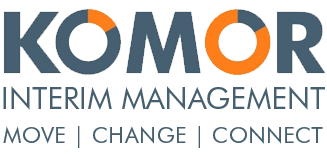Inside Drucker’s Brain
Peter F. Drucker is a role model to me.
His ideas and thoughts are the blueprint for all other management books. I often say: “You don’t have to have read more than a Drucker”.
Drucker embodies the true essence of management. Drucker lived a life based on embracing tomorrow and giving up yesterday. In the process, he discovered an important paradox: in order to build something, you have to tear it down. Drucker had no problem tearing things down, giving up what didn’t work and leaving behind what no longer mattered. He could achieve so much that way.
In principle, this is also what interim management is all about and this is also reflected in my claim: MOVE | CHANGE | CONNECT


